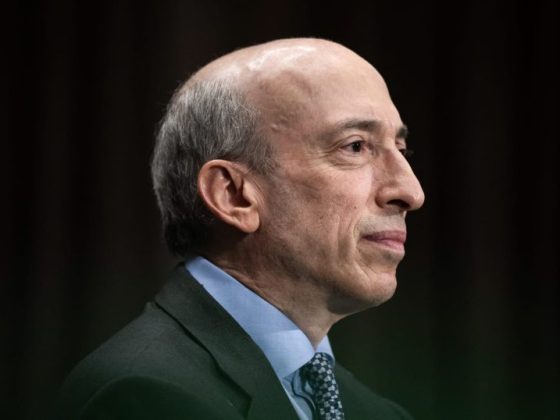As the year winds down, a global phenomenon that could influence your travel plans is the advent of rate cuts by several central banks around the world. A rate cut, for those new to the concept, is when a country’s central bank decides to decrease the interest rate at which it lends to domestic banks. The intended result is a boost to the domestic economy by encouraging more borrowing and spending. However, these rate cuts could have a significant yet subtle impact on your next trip abroad, potentially making it more expensive.
An immediate effect of a rate cut would be on the currency exchange rates. The basic mechanism behind this is fairly simple. When a country’s central bank cuts interests rates, it essentially reduces the return on investment for those holding that country’s currency. This downturn motivates investors to move their investments elsewhere where they can get a higher return, leading to a decrease in demand, and subsequently, the depreciation of that currency.
The depreciation of a country’s currency might initially seem like a good thing for travelers as it points to potentially cheaper foreign transactions. However, if you are traveling from a country that has also experienced rate cuts, you might be faced with the paradox of your home currency and your destination currency both being devalued. The net effect could be a higher expense if your currency takes a more significant hit.
Moreover, rate cuts tend to inspire inflation. As borrowing costs drop, consumers and businesses are more likely to borrow (and therefore spend) more. This surge in demand would place pressure on supply, leading to a price increase in goods and services – a classic example of demand-pull inflation. Therefore, not only could your currency be devalued due to the rate cuts, but the items you plan to purchase abroad may also become more expensive as a direct result of the same economic decision.
Additionally, declining interest rates could also lead to more expensive travel insurance. Insurance companies usually invest a substantial portion of their premium income in government and corporate bonds. When interest rates drop, the return on these investments plummet, causing insurers to consider raising their premiums. As a consequence, you could end up paying more for your travel insurance policy.
Accommodation costs could also rise due to rate cuts. Lower interest rates could influence more people to invest in real estate, causing a housing bubble. This likely rise in property prices could lead to an increase in rates for hotels and vacation rentals during your travels, therefore further inflating your travel expenses.
In conclusion, the world of economic policies and rate cuts can seem complex and distant. However, understanding their mechanisms can give you insights on how they may impact your personal finance and travel plans. It’s not all gloomy for travelers, though. Being aware of these economic shifts could lead to some smart and informed decisions, such as taking a trip before the rate cuts occur or choosing a destination whose currency is strengthening against yours.











